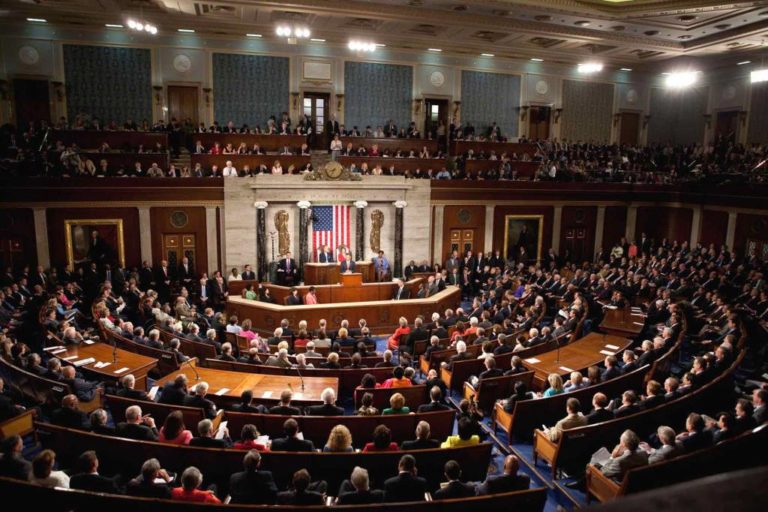FOR IMMEDIATE RELEASE
December 12, 2018
Contact:
Dorjee Tseten,
Executive Director, Students for a Free Tibet
Lhadon Tethong,
Director, Tibet Action Institute
NEW YORK – Tibetans and supporters around the world today celebrated the passage of historic legislation in the U.S. Congress as the Reciprocal Access to Tibet Act (H.R. 1872) was unanimously approved by the U.S. Senate, after already unanimously passing the U.S. House of Representatives on September 25, 2018. Introduced by Senator Marco Rubio (R-Fla.), Senator Tammy Baldwin (D-Wisc.), Rep. Jim McGovern (D-Mass.), and Rep. Randy Hultgren (R-Ill.), the bill seeks to promote access to Tibet “for United States diplomats and other officials, journalists, and other citizens”1 by denying entry into the United States to those Chinese officials responsible for restricting access to Tibet, under the principle of reciprocity. The legislation now goes to the President for potential signature into law.
“The passing of this groundbreaking legislation is a victory for all who care about freedom and human rights,” said Dorjee Tseten, Executive Director of Students for a Free Tibet. “For what is likely the first time ever, the U.S. Congress has passed stand-alone legislation focused exclusively on Tibet. Moreover, this is a bill that imposes a real and significant cost on the Chinese authorities for their repression in Tibet,” he continued. “This is also an important victory for the grassroots Tibet movement and many should be congratulated and thanked for their leadership including the Office of Tibet in Washington, DC, Tibetan Associations across the U.S., the International Campaign for Tibet, and all of those individuals working tirelessly behind the scenes.”
“Tibetans and supporters around the world owe a huge debt of gratitude to Congressman McGovern for sponsoring this legislation in the House in 2014, and for his tireless and strategic leadership on the Tibet issue,” said Thondup Tsering, former Board Member of SFT and the new President, Regional Tibetan Association of Massachusetts. “We also owe our deep gratitude to Senator Marco Rubio for his leadership in the Senate, and all the other Members of Congress and Senate who, together with their dedicated staff, made the passage of this historic bill possible in both the House and Senate.”
“Thousands of Tibetan-Americans and concerned citizens mobilized to make this historic victory possible,” said Lhadon Tethong, Director of Tibet Action Institute. “Through in-person meetings with their Members of Congress, emails, phone calls, and social media posts, they created the critical momentum that has now successfully challenged the devastating, decades-long isolation that China has imposed on Tibet,” she continued. “There is a growing consensus that the world needs to take a stronger stand with China; this legislation represents an opportunity for the Tibet movement to be bold and push for stronger political action that will ratchet up the cost of China’s occupation of Tibet.”
Currently, Chinese authorities require foreigners to receive a special permit to travel to Tibet, in addition to a normal Chinese visa, a requirement not imposed on any other province-level region under Chinese jurisdiction. The Chinese government regularly denies permission for foreign media, diplomats and American citizens of Tibetan heritage to travel to Tibet. The Reciprocal Access to Tibet Act requires that the U.S. State Department prepare an annual public report that assesses of the level of access Chinese authorities grant to United States citizens, as well as a list of the senior Chinese leaders responsible for such restrictions. The Act also requires the U.S. government to deny such individuals entry, or revoke their visas, to the United States, under the diplomatic principle of reciprocity.
Notes:
1 H.R.1872 – Reciprocal Access to Tibet Act of 2017
https://www.congress.gov/bill/115th-congress/house-bill/1872

